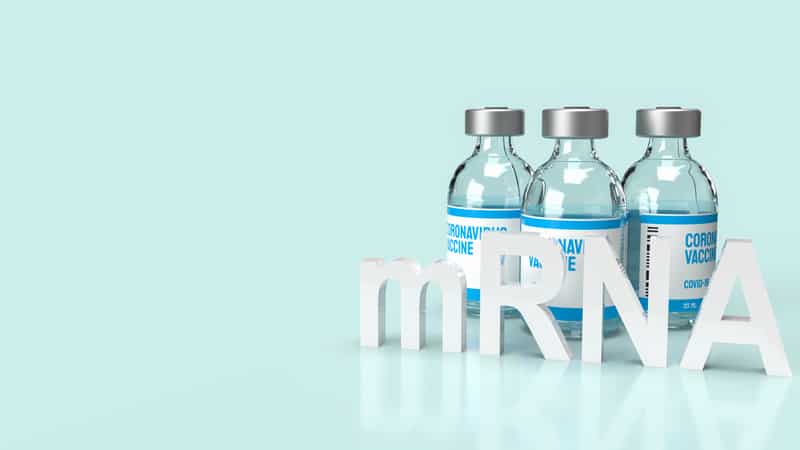Pfizer is determined to become an mRNA powerhouse, and it’s signing on two partners in that quest, including one that supplied tech that helped create the COVID-19 vaccine.
In the first deal, announced in the opening hours of the annual J.P. Morgan healthcare conference, Pfizer has secured access to Acuitas Therapeutics’ lipid nanoparticle delivery system for use in mRNA vaccines and therapeutics. The nonexclusive development and option agreement covers up to 10 targets that could someday become vaccines or therapeutic programs. Financial terms of the agreement were not disclosed.
Lipid nanoparticles are critical to protecting mRNA—which provides a set of instructions for cells to, for example, fight a virus—until it arrives at the target in the body. This technology was used in both authorized mRNA COVID-19 vaccines, with Acuitas’ proprietary delivery system specifically tapped for the Pfizer-BioNTech shot.
In the second deal, Pfizer will offer milestone payments “in excess” of $100 million to Codex DNA for access to the biotech’s novel enzymatic DNA synthesis technology. This will similarly be used to develop new mRNA vaccines and therapeutics. The financial terms, which were not spelled out, include an upfront payment and the milestones, which Codex said “could be earned in the near term.”
Codex has developed a system called short oligo ligation assembly (SOLA) EDS technology, which provides a scalable, efficient and cost-effective approach to research. SOLA EDS can construct synthetic DNA, RNA and proteins, which can be used to develop new mRNA-based medicines and vaccines.
Pfizer has had a busy week already, signing another deal with Beam Therapeutics for a gene editing research collaboration. The pharma giant also locked down its COVID-19 vaccine partner BioNTech for another project, this time for a shingles vaccine to challenge GlaxoSmithKline.

